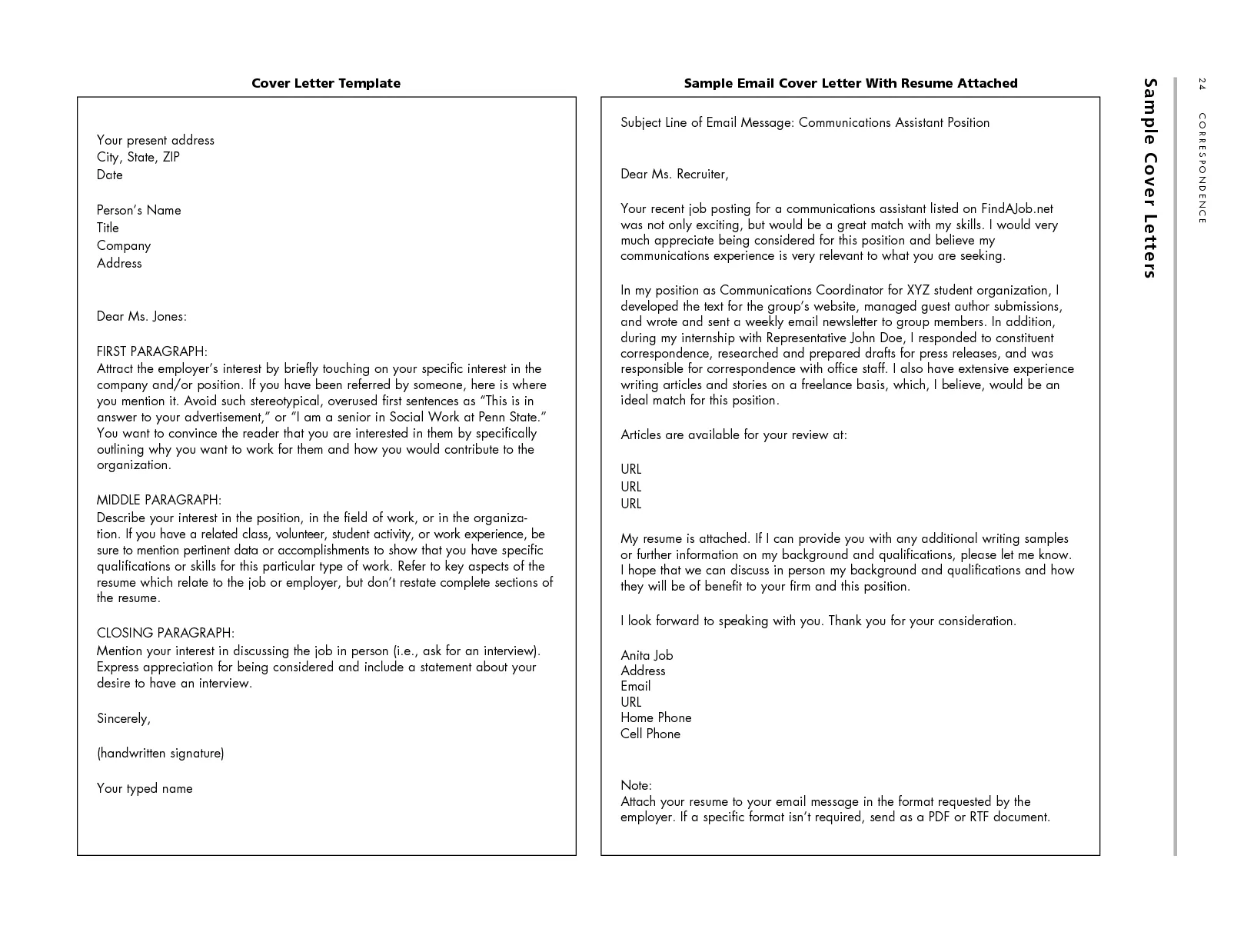Understanding the Email Cover Letter
In today’s digital age, the email cover letter is a crucial component of your job application. It serves as your first introduction to a potential employer, providing an opportunity to showcase your skills, experience, and enthusiasm. Unlike traditional cover letters, email cover letters are typically shorter, more direct, and tailored to the specific format of an email. Understanding the nuances of this format is key to making a strong first impression and increasing your chances of landing an interview. This guide will walk you through every step of crafting a compelling email cover letter that gets results. An effective email cover letter is not just a formality it’s a strategic tool to demonstrate your value and make your application stand out from the crowd.
Why is an Email Cover Letter Important
An email cover letter serves several vital purposes. First, it allows you to personalize your application. While your resume lists your qualifications, the cover letter provides context and explains why you’re a good fit for the role and the company. Second, it highlights your communication skills. Your writing style, tone, and ability to articulate your thoughts are on full display. A well-written email cover letter demonstrates professionalism and attention to detail. Third, it gives you a chance to address any potential gaps or concerns in your resume. Perhaps you have a career change or a period of unemployment; the cover letter is your opportunity to provide a clear and concise explanation. Finally, it reflects your enthusiasm for the position. Expressing genuine interest and excitement can significantly impact the hiring manager.
Key Differences Between Email and Traditional Cover Letters
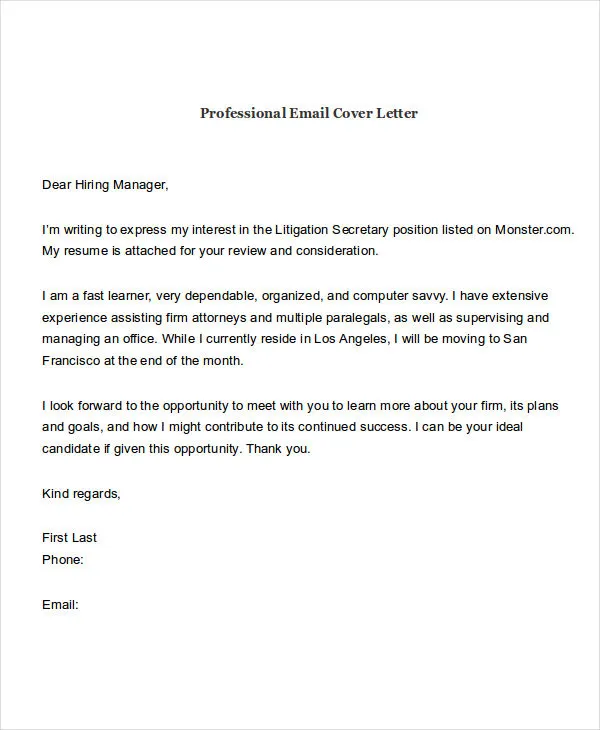
While both email and traditional cover letters aim to achieve the same goal – securing an interview – they differ significantly in format and approach. Traditional cover letters are typically formatted as a formal business letter, with a specific layout, including your address, the date, and the recipient’s address. Email cover letters, on the other hand, are more concise and direct. The recipient’s address is replaced by the email address, and the content is often shorter. Email cover letters need to be easily readable on any device, including mobile phones. Therefore, keep your paragraphs short and use clear formatting. Another key difference is the subject line in an email cover letter; it’s your first chance to grab the reader’s attention and should be specific and compelling, unlike traditional cover letters. The tone of an email cover letter tends to be more conversational, while traditional letters are more formal. Finally, the attachment handling is different; with an email, you are attaching your resume.
Structuring Your Email Cover Letter
A well-structured email cover letter is easy to read and immediately conveys your key qualifications. A clear structure also ensures that you cover all essential information effectively. Following a standard structure also helps keep the email concise, as it gets straight to the point. Think of it as an outline to help you organize your thoughts and make a strong impression. The standard structure typically includes a subject line, a greeting, an opening paragraph, 2-3 body paragraphs, a closing, and a call to action. Each section plays a crucial role in conveying your message effectively. This approach will help you show that you are a professional, organized, and thoughtful applicant.
Subject Line Make It Count
Your subject line is the first thing a recruiter sees and is critical for getting your email opened. Avoid generic subject lines. Instead, use a concise and compelling subject line that grabs the reader’s attention. Make it clear what the email is about and, ideally, include the job title or the position you are applying for. For example, instead of ‘Job Application,’ use ‘Application for Marketing Manager Position - [Your Name]’. If you are applying through a referral, mention the referrer’s name in the subject line. Test multiple subject lines. See which ones get the best response. A good subject line increases the chance of the email being read and highlights your professionalism and attention to detail.
Greeting and Opening
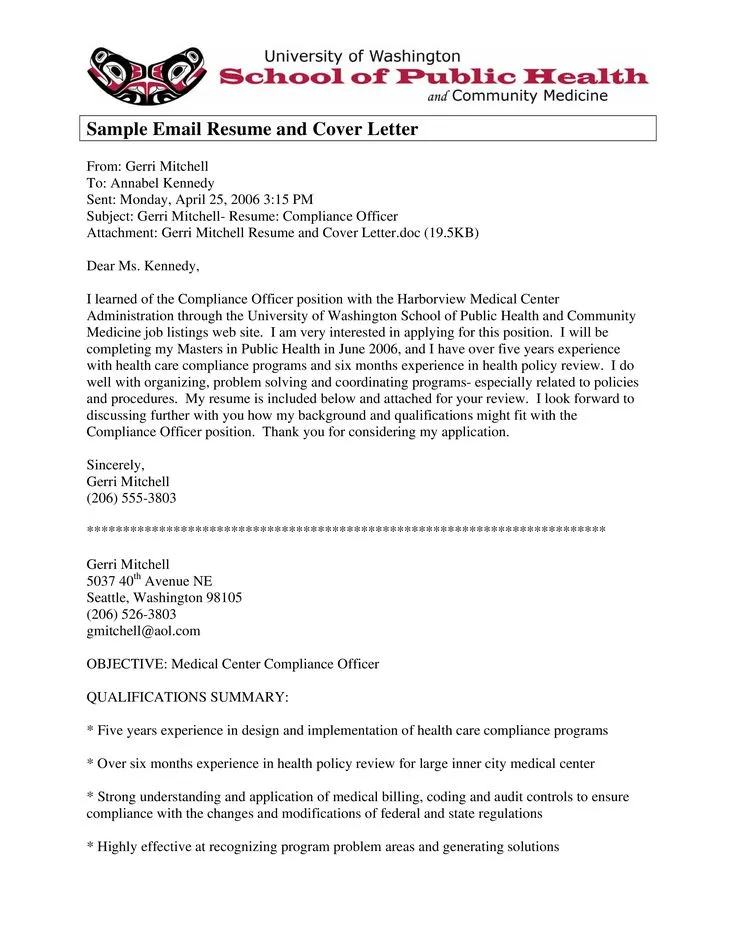
Start your email with a professional greeting. If you know the hiring manager’s name, use it, such as ‘Dear Mr. Smith’ or ‘Dear Ms. Johnson’. If you’re unsure, use ‘Dear Hiring Manager’ or ‘Dear [Company Name] Hiring Team’. The opening paragraph is your chance to immediately grab the reader’s attention. State the position you’re applying for and where you found the job posting. Briefly mention why you’re interested in the role and the company. Keep it short and focused. The opening sets the tone for the rest of your email and makes a strong first impression. A strong opening immediately conveys your intent and enthusiasm for the opportunity. Mentioning the source of the job posting helps you reference the job you are applying for.
Body Paragraph 1 Highlighting Your Value
In the first body paragraph, demonstrate your value to the employer. Briefly summarize your key skills and qualifications, and explain how they align with the job requirements. Focus on what you can bring to the company and how you can solve their problems or achieve their goals. Use specific examples whenever possible to showcase your achievements and quantify your results. Instead of just listing your skills, use the STAR method (Situation, Task, Action, Result) to describe how you used those skills in a previous role. This approach adds credibility and makes your experience more relatable. This paragraph provides a snapshot of your core competencies and makes a strong case for your candidacy. This paragraph is a focused way to highlight why you’re the ideal candidate.
Body Paragraph 2 Showcasing Your Skills and Experience
The second body paragraph should delve deeper into your relevant skills and experience. Select 2-3 key skills or experiences mentioned in the job description and provide more detail on how you’ve used them successfully. Use action verbs to describe your accomplishments, and quantify your achievements whenever possible. This allows the hiring manager to understand the depth of your knowledge. For example, rather than saying ‘Managed social media accounts,’ say ‘Managed social media accounts, increasing follower engagement by 40% in six months’. This paragraph should directly address the requirements outlined in the job description, demonstrating that you are a perfect fit. The aim is to connect your skills with the employer’s needs. Providing concrete examples helps hiring managers easily understand your value.
Body Paragraph 3 Expressing Enthusiasm and Next Steps
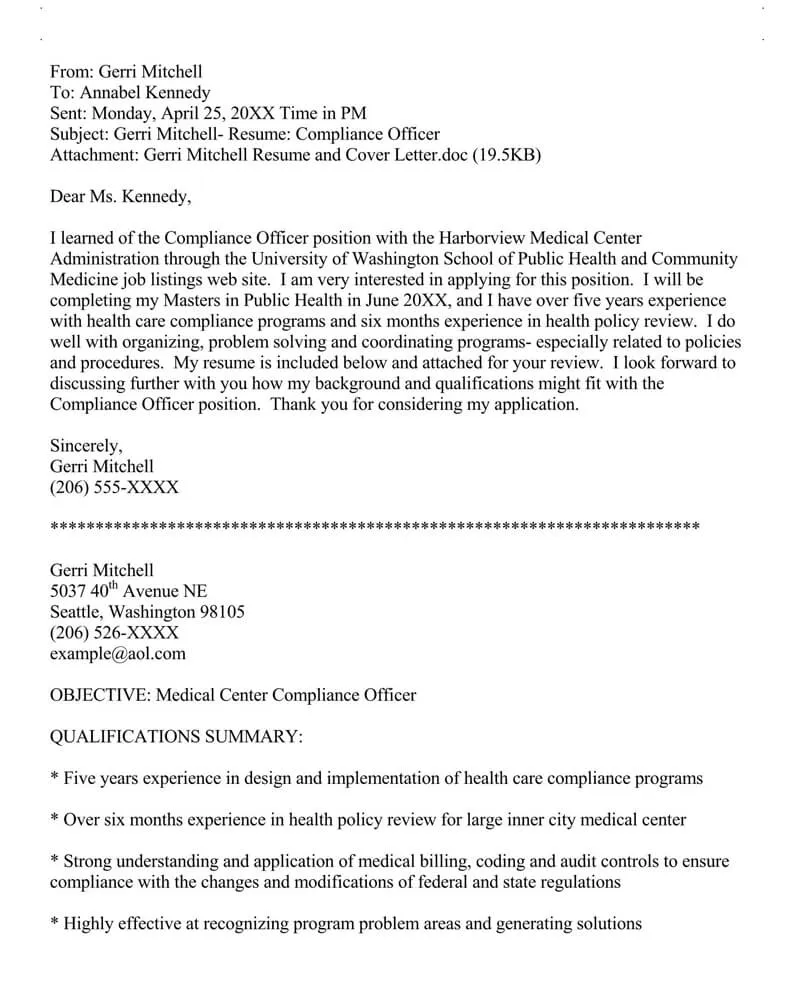
In the third body paragraph, express your genuine enthusiasm for the position and the company. Explain why you’re excited about this opportunity and what attracts you to the organization. This helps create a personal connection with the hiring manager. Briefly mention what you hope to contribute and how you see yourself growing in the role. Show that you have done your research by referencing something specific about the company’s mission, values, or recent achievements. This indicates that you are genuinely interested in the position and have taken the time to learn about the organization. End the paragraph by indicating your availability for an interview and thanking the hiring manager for their time and consideration.
Closing and Call to Action
Your closing should reiterate your interest and include a call to action. Thank the hiring manager for considering your application and express your eagerness to discuss your qualifications further. Clearly state that you are available for an interview at their earliest convenience and provide your contact information. Include your phone number and email address. Avoid being overly assertive but do indicate that you are looking forward to the next step. Use a professional closing such as ‘Sincerely,’ ‘Best regards,’ or ‘Thank you for your time and consideration’. Ensure your email address is professional. This final section leaves a lasting positive impression and encourages the hiring manager to take the next step.
Formatting Your Email Cover Letter
Formatting your email cover letter is crucial for readability and professionalism. Poor formatting can make your email difficult to read, and could lead to the hiring manager overlooking your qualifications. Good formatting helps highlight important information, guides the reader through your application, and ensures your email looks neat and well-organized. This involves carefully choosing fonts, using proper line breaks, and ensuring correct file formats. A well-formatted email cover letter reflects your attention to detail and professionalism.
Font and Readability
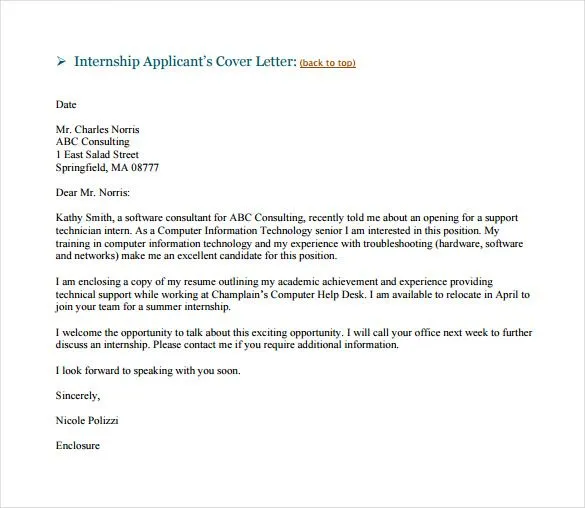
Choose a professional and easy-to-read font. Fonts like Arial, Calibri, Times New Roman, or Verdana are generally recommended because they are clean and easy to read. Use a font size between 10 and 12 points to ensure your text is readable on any screen. Avoid using fancy or overly stylized fonts that can distract from your message. Ensure sufficient contrast between the text and the background. White backgrounds with dark text are the standard, as they are the easiest to read. Check the email on different devices to ensure the text is clear and well-formatted. Keep your formatting consistent throughout the entire email.
Line Breaks and Paragraphs
Use short paragraphs and line breaks to break up the text and make it easier to read. Long blocks of text can be overwhelming and discourage the reader. Aim for paragraphs of 3-5 sentences maximum. Use single-spacing within paragraphs and double-spacing between paragraphs. This spacing allows the reader’s eye to rest and easily follow your points. Proper spacing also helps to create a visually appealing layout. Make sure the text is aligned to the left or fully justified. Avoid centering the text, as it can be more difficult to read. By following these guidelines, you can make your email cover letter visually appealing and easy to read, ensuring the hiring manager focuses on your content.
Attachments and File Formats
Always attach your resume as a PDF file. PDFs preserve the formatting, ensuring the document looks the same on any device. Name your resume file with your name and the document type, such as ‘JaneDoe_Resume.pdf’. If you have any additional documents, such as a portfolio or writing samples, also attach them as PDFs. Be sure to mention any attachments in your email and refer to them by name. Double-check that all attachments are included and that the files open correctly before sending your email. Failing to include attachments is a common mistake that can make your application look unprofessional and cost you the opportunity. This ensures that the hiring manager can easily access and view your documents.
Essential Tips for a Winning Email Cover Letter
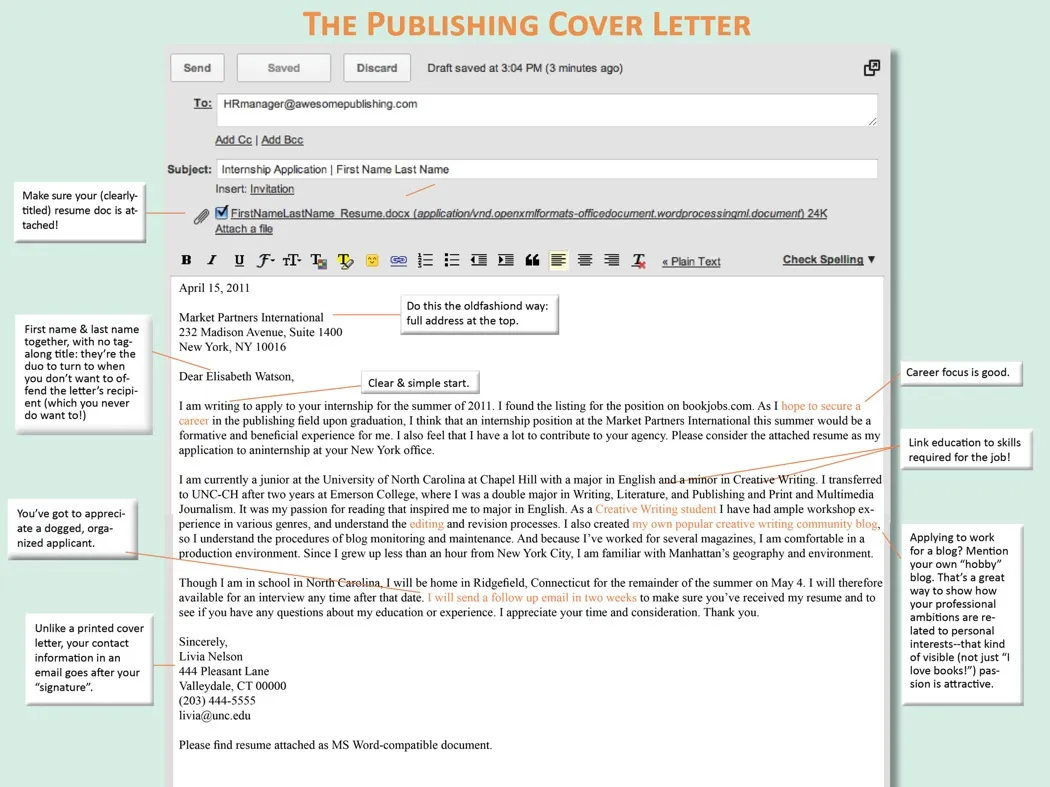
Crafting an effective email cover letter goes beyond just following the standard format. It also involves tailoring your letter to each job application, meticulously proofreading for errors, and avoiding common mistakes. These essential tips will help you refine your approach and create a cover letter that truly stands out. Taking the time to implement these suggestions will significantly increase your chances of making a strong impression and securing an interview.
Tailoring Your Letter to Each Job
Never send a generic cover letter. Tailor each letter to the specific job and company. Carefully review the job description and identify the key skills and requirements. Highlight the experiences and accomplishments that align with those requirements. Research the company’s mission, values, and culture and show how you fit within that context. Customize the opening and closing to reflect your understanding of the role and the organization. Refer to specific aspects of the job description and demonstrate a clear understanding of the company’s needs. This attention to detail demonstrates your interest and professionalism, making your application more compelling and shows that you have taken the time to understand the position.
Proofreading and Editing
Proofread your email cover letter meticulously for any grammatical errors, spelling mistakes, and typos. Even a minor mistake can detract from your professionalism. Use grammar and spell-checking tools but don’t rely on them entirely. Have a friend, family member, or career counselor review your letter for clarity and accuracy. Read the letter aloud to catch any awkward phrasing or sentences. Ensure the tone is appropriate and that the content flows logically. Double-check your contact information to ensure it’s accurate and up to date. A polished and error-free cover letter makes a positive impression and reflects your attention to detail. A clean, error-free letter reinforces your professionalism.
Avoiding Common Mistakes
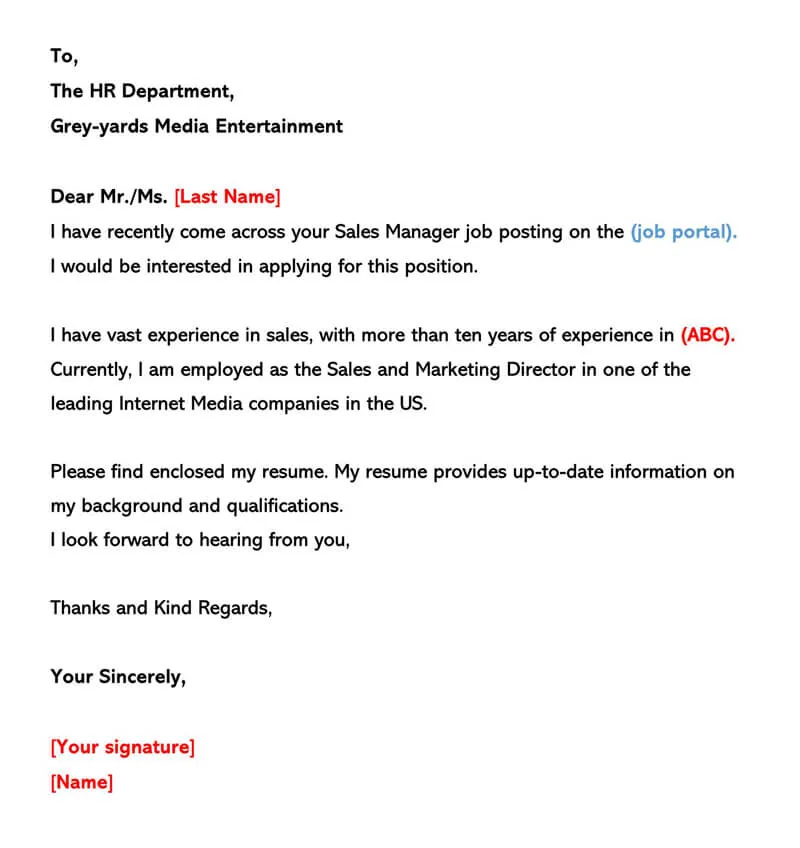
Avoid common mistakes such as sending a generic cover letter, using overly formal or casual language, and including irrelevant information. Do not repeat your resume word for word. Instead, provide additional context and elaborate on your key skills and experiences. Refrain from using clichés and overly boastful language. Keep the tone professional and enthusiastic. Ensure that your email is addressed correctly. Avoid using unprofessional email addresses. Keep the email concise and focused, avoiding unnecessary details that could distract the reader. By avoiding these pitfalls, you can improve your email cover letter and showcase yourself in the best possible light. These mistakes will detract from your overall impression.
Email Cover Letter Examples
To help you visualize how these principles apply in practice, here are some examples of email cover letters for different career stages and industries. These examples provide a foundation for crafting your own email cover letter. Remember, the best cover letter is tailored to you and the specific job.
Example 1 Entry-Level
Dear Hiring Manager, I am writing to express my interest in the Marketing Assistant position at [Company Name], as advertised on [Platform]. As a recent graduate with a degree in Marketing from [University Name], I am eager to apply my academic knowledge and passion for marketing to a dynamic and innovative company. During my studies, I gained hands-on experience with social media marketing, content creation, and market research. For example, during an internship at [Company Name], I managed the social media accounts, which increased engagement by 25%. I am particularly drawn to [Company Name]’s commitment to [mention something specific about the company]. I have attached my resume for your review and welcome the opportunity to discuss my qualifications further. Thank you for your time and consideration. Sincerely, [Your Name].
Example 2 Mid-Career
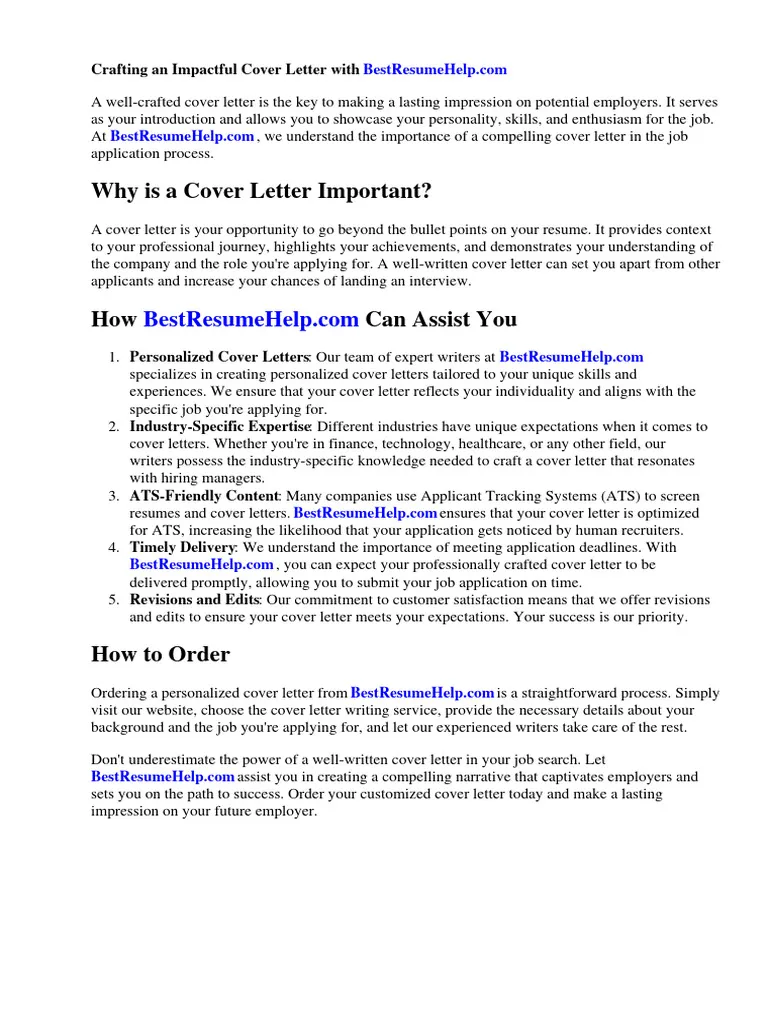
Dear Ms. Johnson, I am writing to apply for the Project Manager position at [Company Name], which I found on [Platform]. With over ten years of experience in project management, I bring a proven track record of successfully delivering projects on time and within budget. In my previous role at [Company Name], I led a team of 15 members in a project that resulted in a 30% improvement in efficiency. I am highly skilled in Agile methodologies, risk management, and stakeholder communication. I am impressed with [Company Name]’s recent success in [mention something specific]. I have attached my resume, which provides further detail on my experience. I look forward to hearing from you. Sincerely, [Your Name].
Example 3 Specific Industry
Dear Hiring Team, I am writing to express my interest in the Software Engineer position at [Company Name], which I found on [Platform]. As a software engineer with experience in developing and maintaining scalable web applications, I am excited about the opportunity to contribute to [Company Name]’s innovative projects. I am proficient in Java, Python, and JavaScript and have a solid understanding of software development life cycles. In my previous role at [Company Name], I was part of a team that developed a new feature, improving user engagement by 20%. [Company Name]’s work on [mention a specific project] is particularly inspiring. My resume is attached. I am eager to discuss my qualifications. Thank you. Best regards, [Your Name].
Conclusion Your Next Steps
Writing an effective email cover letter is essential for success in your job search. By understanding the key elements, following best practices, and tailoring your letter to each opportunity, you can significantly increase your chances of getting noticed and landing an interview. Remember to focus on your value, express your enthusiasm, and proofread carefully. Now that you have the knowledge, start crafting your email cover letter and take the next step toward your dream job. Good luck!
